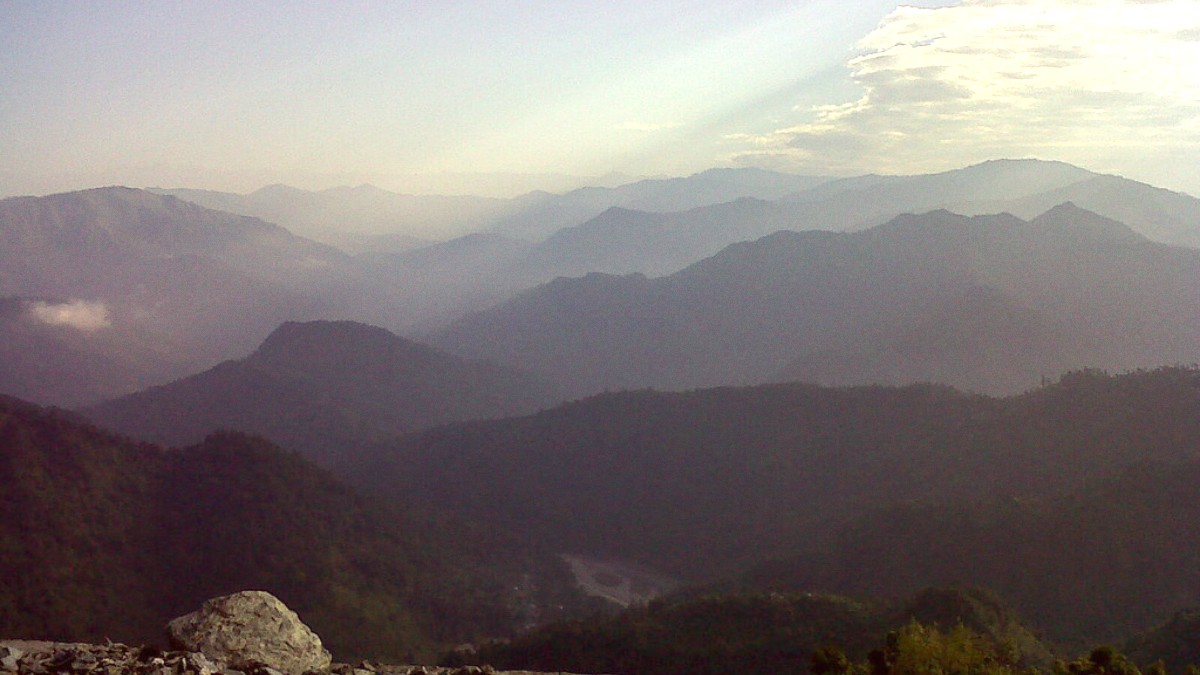
West Bengal, India
Airtel, Jio, and Vodafone Idea are India's main mobile network providers. They maintain good coverage in Darjeeling town (4G/5G).
Most hotels and guesthouses in Darjeeling offer free Wi-Fi. Connectivity quality varies but typically suffices for basic online activities.
Nepali is the most common local language. Bengali and Hindi also find wide understanding. English serves as an official language and is widely spoken in tourist-oriented businesses.
Learning a few basic Nepali phrases can enrich interactions with locals.
A local SIM card greatly eases communication and navigation. Basic phrases enrich your travel experience.
Generally open from 9:00 AM or 10:00 AM to 7:00 PM or 8:00 PM. Some shops might extend hours during peak tourist season.
Typically operate from 7:00 AM or 8:00 AM for breakfast until 9:00 PM or 10:00 PM for dinner service.
Typically open from 10:00 AM to 4:00 PM on weekdays. Some operate for a half-day on Saturdays.
ATMs are widely available around Mall Road and other central areas of Darjeeling. Banks are open during standard business hours.
India observes many public holidays, which impact business operations and transport services. Attractions' hours vary, so checking specific times is wise.
Awareness of local operating hours and holidays smooths your daily agenda and minimizes disruptions.
Respectful interaction with local traditions creates a positive experience for all.
The traditional greeting is "Namaste" or "Namaskar." This gesture involves pressing your palms together at chest level and serves as a respectful and common welcome.
Dressing modestly is advisable, especially when visiting religious sites. Ensuring your shoulders and knees have coverage is customary.
When dining on traditional Indian/Nepali food, using your right hand is customary. The left hand holds an association with impurity.
Always ask for permission before photographing individuals, especially women and children. A simple gesture or "May I?" usually suffices.
Darjeeling's challenging terrain presents difficulties for travelers with mobility needs.
Darjeeling's hilly and uneven terrain, steep inclines, and numerous stairs present extreme challenges for travelers with mobility impairments or those using wheelchairs.
Few attractions in Darjeeling possess full wheelchair accessibility. Public transportation poses challenges.
Specialized services for travelers with visual or hearing impairments remain limited.
No dedicated local organizations in Darjeeling concentrate on accessible travel. Thorough research prior to your trip is .
Darjeeling presents significant accessibility challenges. Proactive planning and direct communication with service providers are recommended.